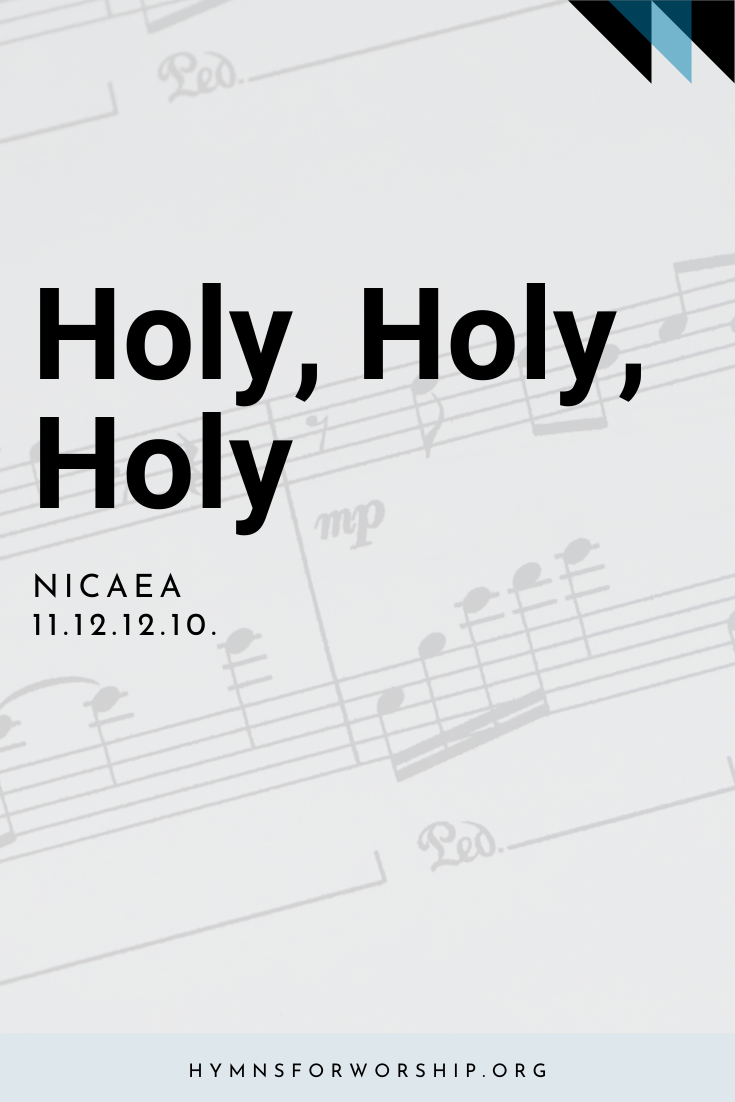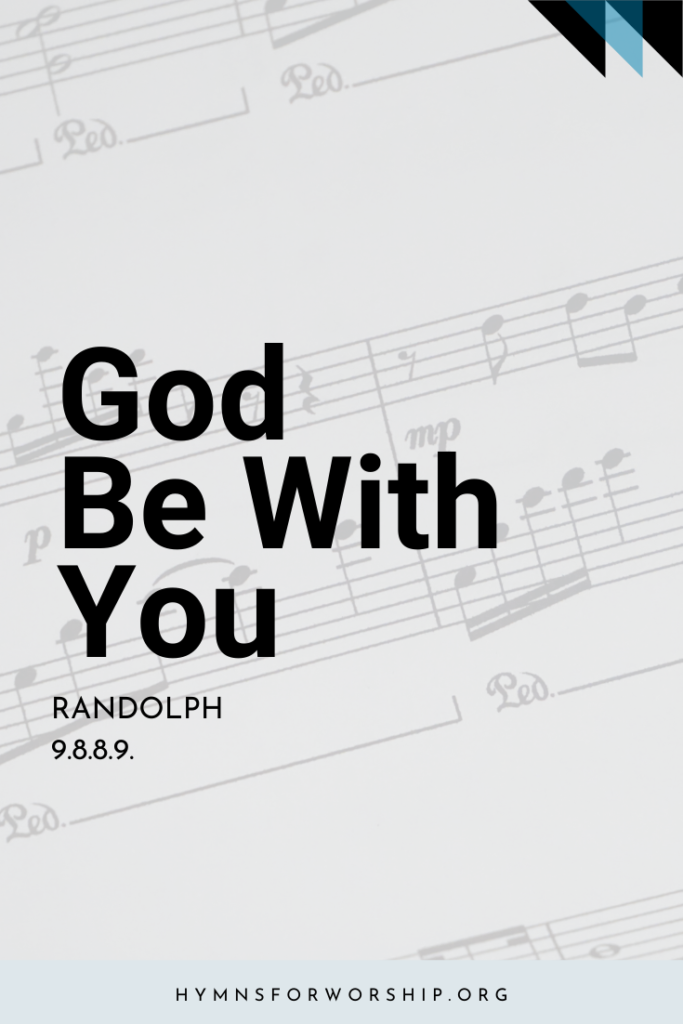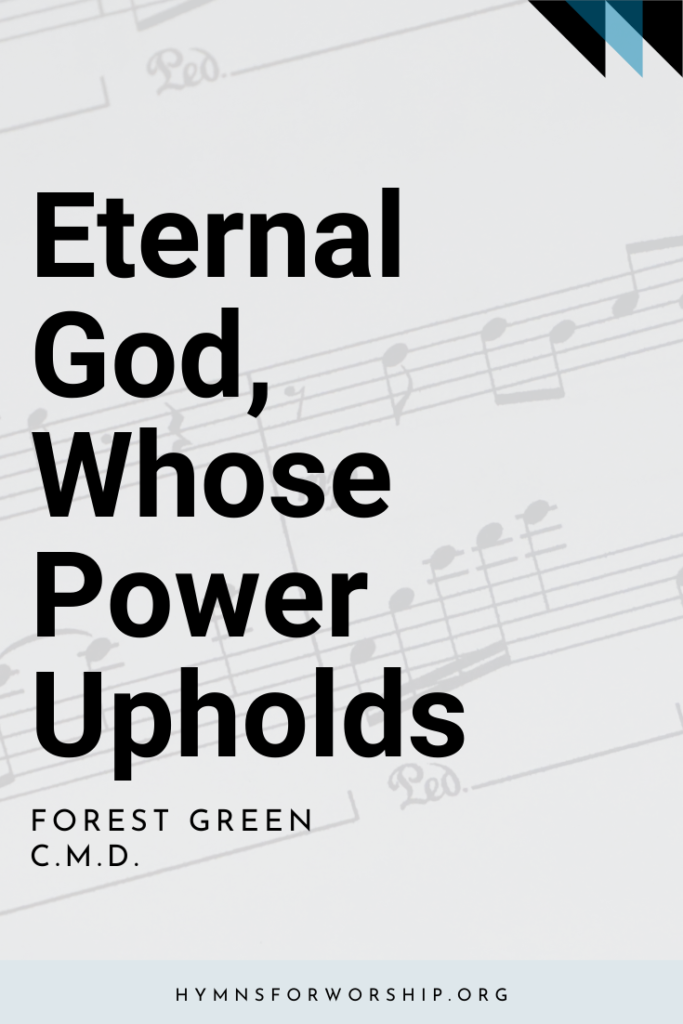TRINITY
SDAH 73
Holy, holy, holy! Lord God Almighty!
Early in the morning our song shall rise to Thee;
Holy, holy, holy, merciful and mighty!
God in three Persons, blessed Trinity!
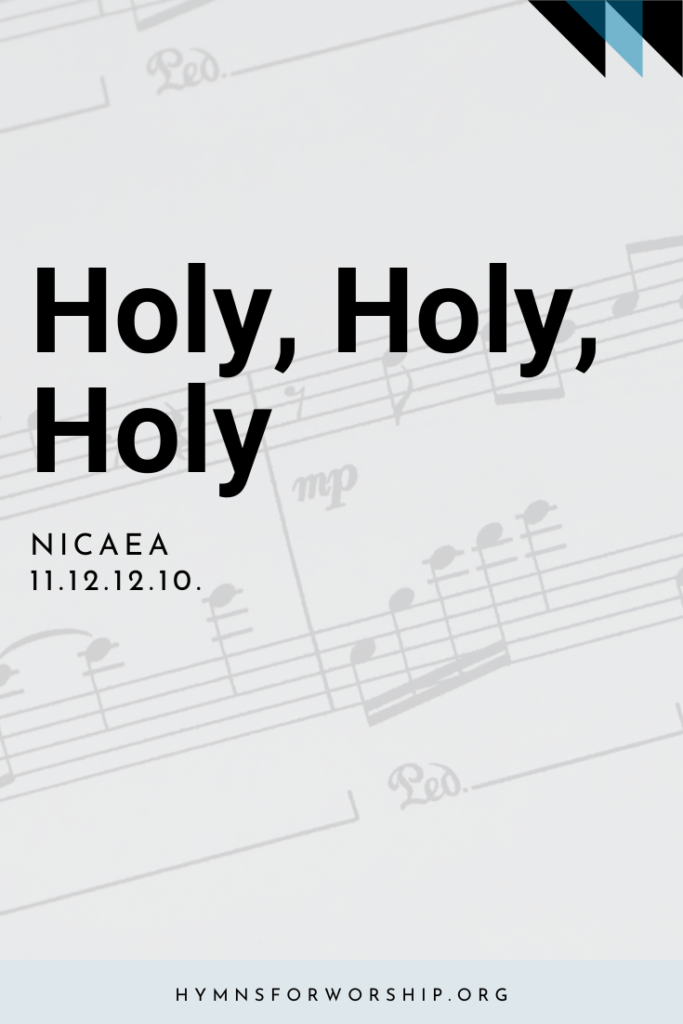
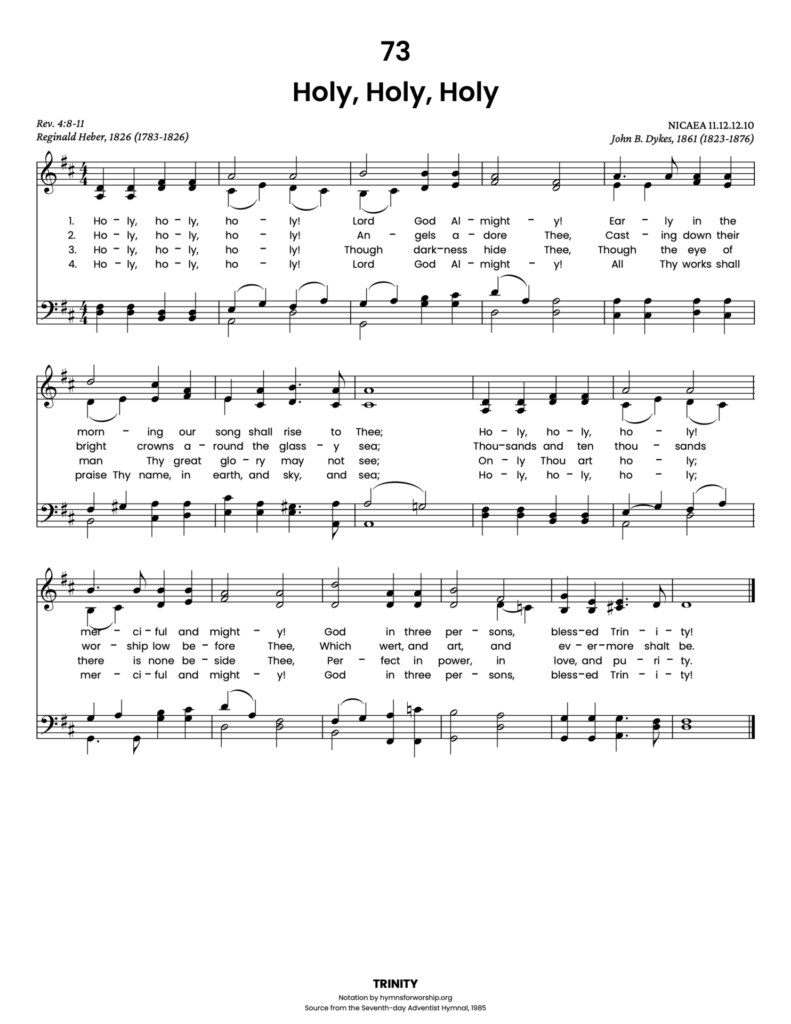
Get the hymn sheet in other keys here
For Worship Leaders
Make each hymn more meaningful with these helpful tools: Short, ready-to-use hymn introductions for church bulletins, multiple ways to introduce a hymn based on your worship theme and in-depth history and insights to enrich your song service.
Hymn Spotlight: Holy, Holy, Holy
This beloved hymn was written by Reginald Heber (1783–1826) for Trinity Sunday, drawing from Revelation 4:8-11, where heavenly beings and elders worship God, declaring, “Holy, holy, holy, Lord God Almighty.” Each stanza reflects on the majesty and mystery of the Triune God, echoing the eternal praise in heaven.
The tune NICAEA was composed in 1861 by John Bacchus Dykes (1823–1876), named after the Council of Nicaea (A.D. 325), where the doctrine of the Trinity was affirmed against Arianism. Its grand, ascending melody beautifully mirrors the hymn’s theme of divine glory.
As we sing, may our voices join the unending chorus of heaven, lifting praise to our holy and eternal God!


Text
1
Holy, holy, holy! Lord God Almighty!
Early in the morning our song shall rise to Thee;
Holy, holy, holy, merciful and mighty!
God in three Persons, blessed Trinity!
2
Holy, holy, holy! Angels adore Thee,
Casting down their golden crowns around the glassy sea;
Thousands and ten thousands worship low before Thee,
Which wert, and art, and evermore shalt be.
3
Holy, holy, holy! though the darkness hide Thee,
Though the eye of sinful man Thy glory may not see;
Only Thou art holy; there is none beside Thee,
Perfect in power, in love, and purity.
4
Holy, holy, holy! Lord God Almighty!
All Thy works shall praise Thy name, in earth, and sky, and sea;
Holy, holy, holy; merciful and mighty!
God in three Persons, blessed Trinity!

Hymn Info
Biblical Reference
Rev 4:8-11 (a) Rev 4:8 (b) Rev 4:10, 8; 5:11 (c) Ps 18:11; Ex 33:20; Ps 18:30
Author
Reginald Heber (1783-1826)
Year Published
1826
Hymn Tune
NICAEA
Metrical Number
11.12.12.10
Composer
John B. Dykes (1823-1876)
Year Composed
1861
Theme
TRINITY

